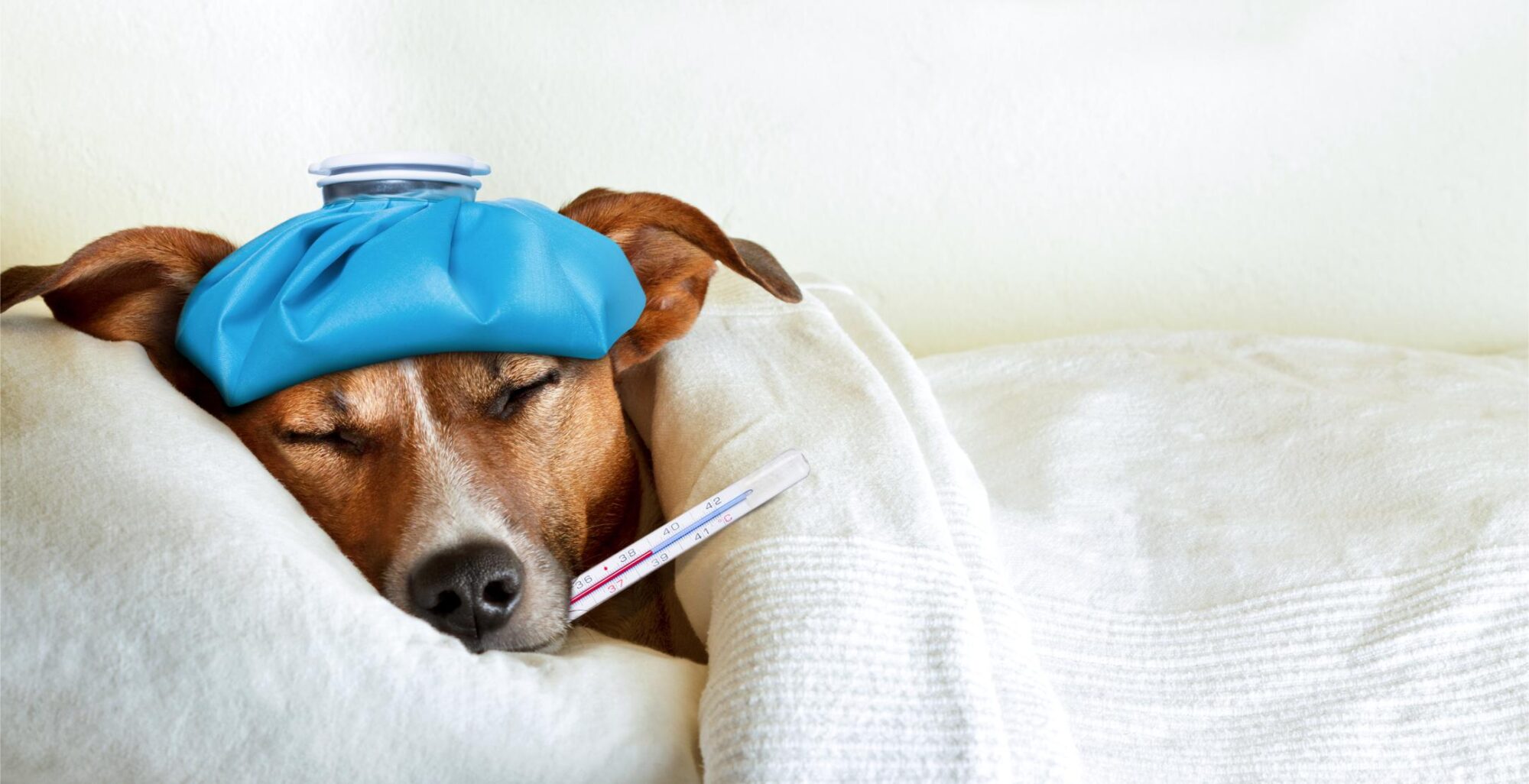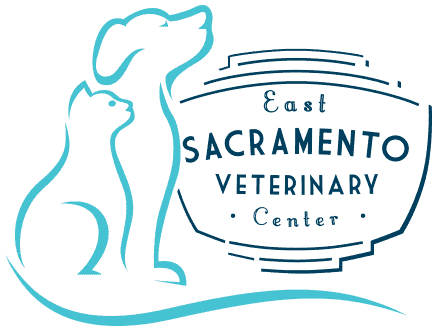Top Signs Your Pet Is Sick (and What to Do)

It is often a terrible, helpless feeling to have a sick pet. It is even worse if you don’t immediately realize anything is wrong. East Sacramento Veterinary Center knows how important it is for pet owners to know when something is not right—our ability to help depends on it!
How to Know You Have a Sick Pet
Sometimes it is pretty obvious that you have a sick pet. If you have been up all night with a dog with diarrhea, your cat has a snotty nose and no appetite, or you know that they have gotten into something dangerous, the need for a vet appointment is a no brainer.
Illness in animals can be a little more subtle, though. Animals by nature tend to hide their problems, and sometimes by the time we notice something is awry, things are pretty bad.
Knowing your pet’s normal day-to-day habits—and behavior is key. Having good pet health awareness can help us to recognize warning signs sooner. Pay attention to deviations in things like:
- Bathroom/litter box habits
- Sleeping patterns
- Interactions with other pets or people
- Play habits
- Eating habits
- Drinking frequency and amount
- Overall personality characteristics
- Mobility
- Grooming habits
- Weight
It is also helpful to maintain a regular wellness visit schedule. Routine examinations and discussions with our veterinary team can help to pinpoint problems much sooner than you might notice at home. Cat and dog illness prevention can be quite successful when we work together.
What to Do If You Have a Sick Dog or Cat
If you have an obviously sick cat or dog, or if you suspect something is not quite right, you should always contact us immediately. Many common cat and dog health issues can appear similarly outwardly, but may have different treatments and implications.
Often a physical examination and diagnostic testing is required to help determine what is going on. An accurate diagnosis is very helpful in making sure that we can help your pet in the best and most effective way possible.
It is helpful to us if you can be sure to take note of what is going on with your pet. Are they eating and drinking normally? How are they behaving? How long have you noticed the symptoms? Have you already tried anything at home to help? Sending someone to the appointment who is knowledgeable about what is going on is very helpful as we rely on you to help guide our decisions when treating your pet.
You play such an important role in your pet’s care. They rely on you each day to provide the thing that they need and to notice when they need help. Taking some steps to be sure that your pet health awareness game is on-point is important to help them thrive.
